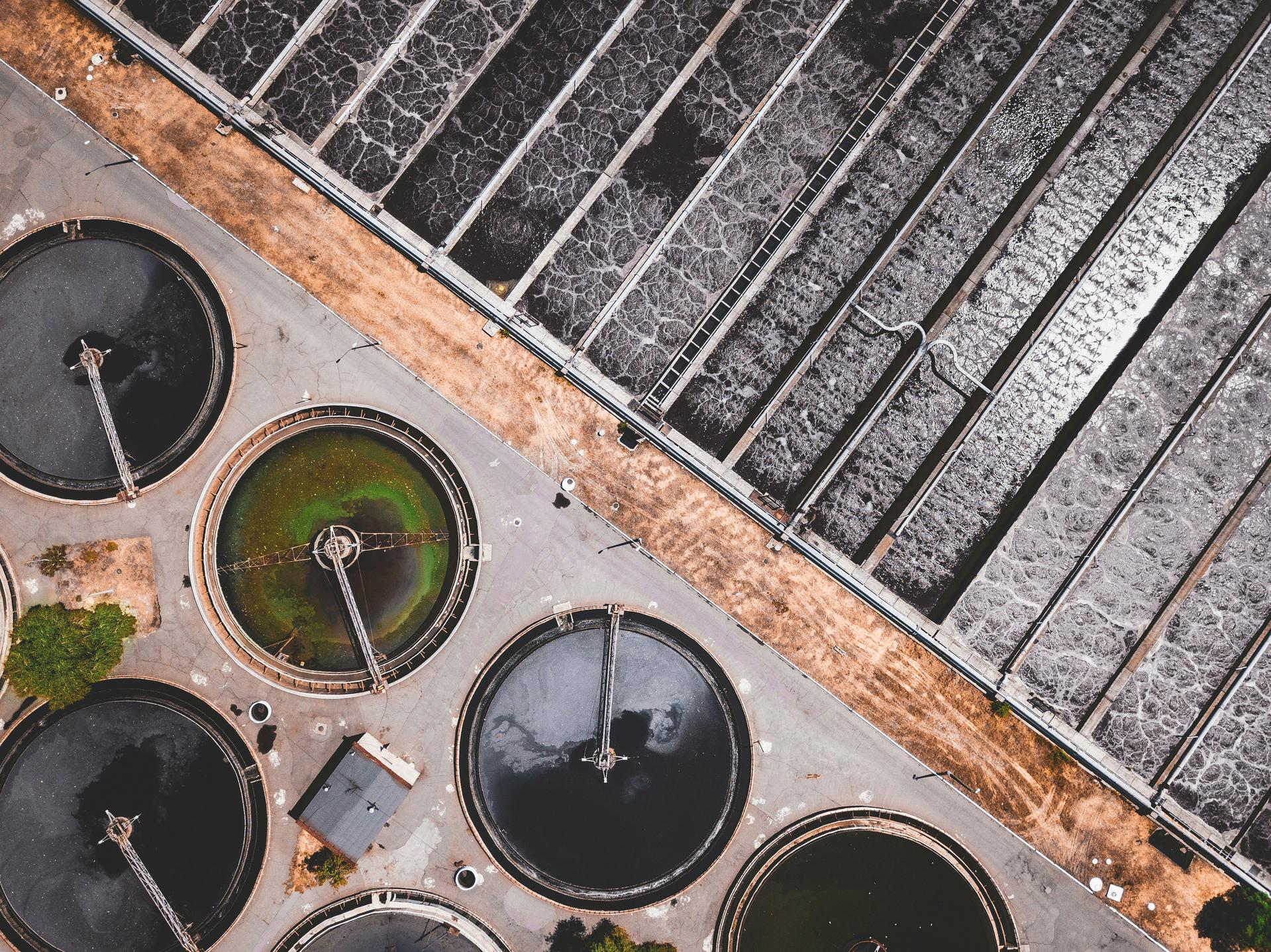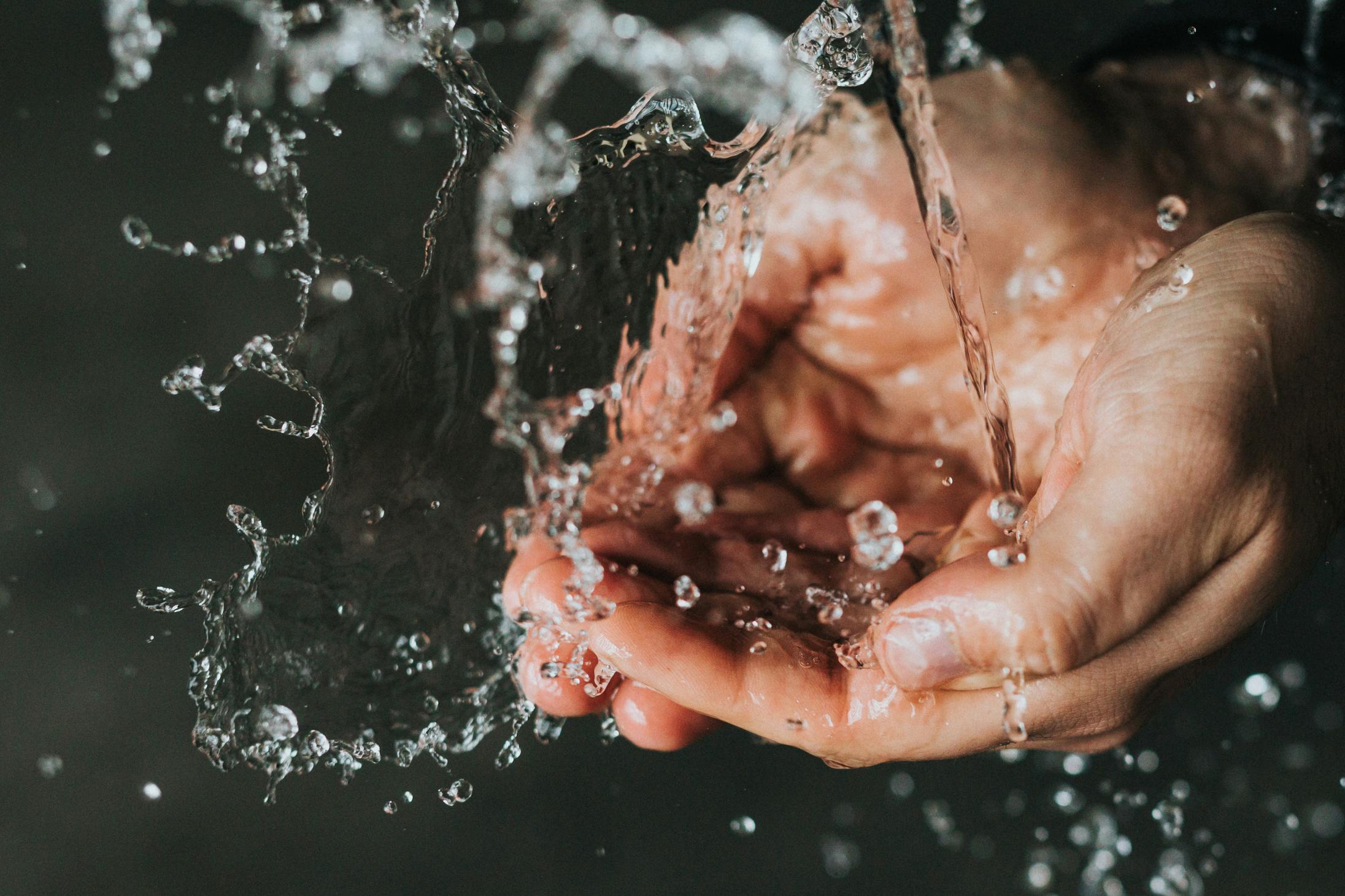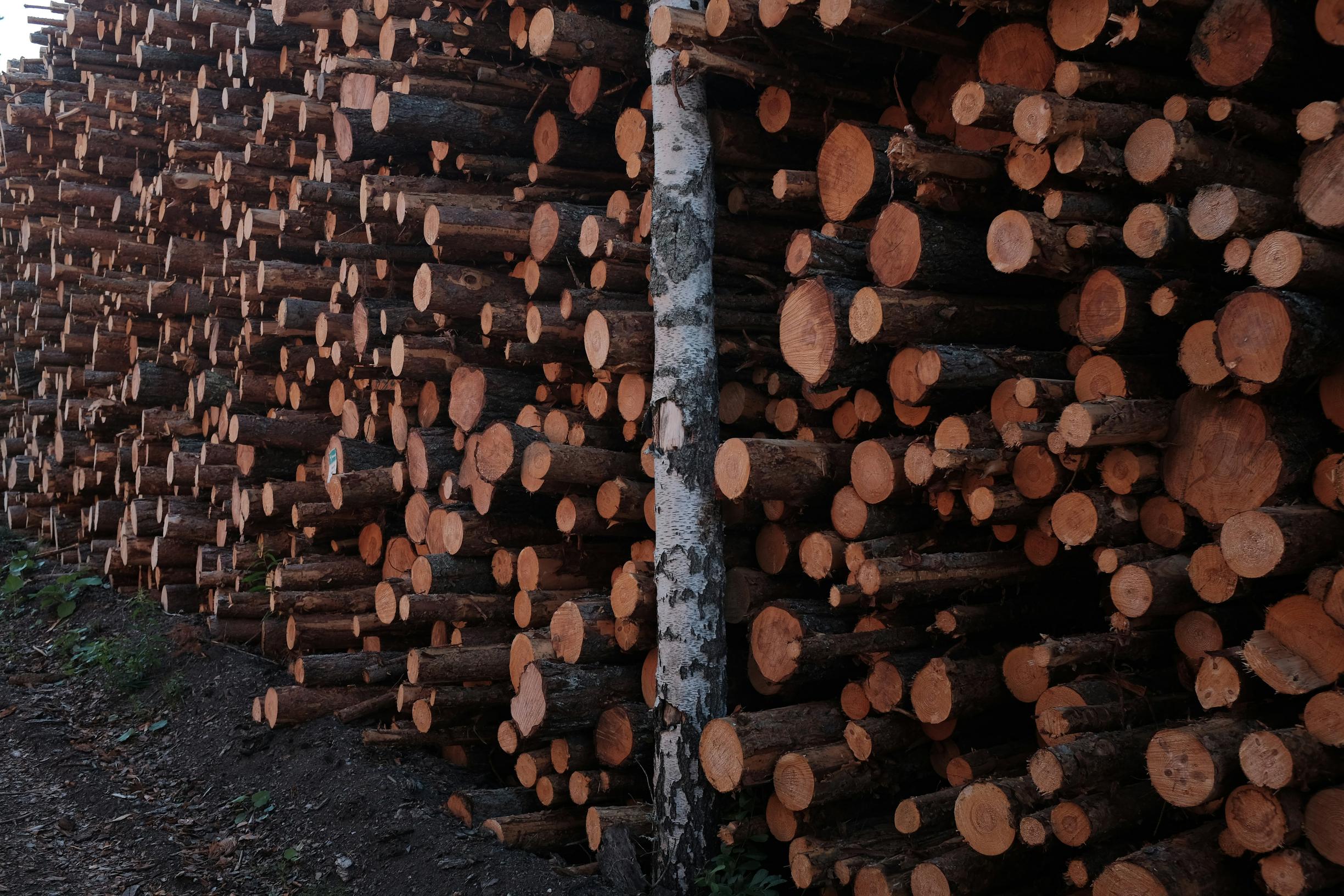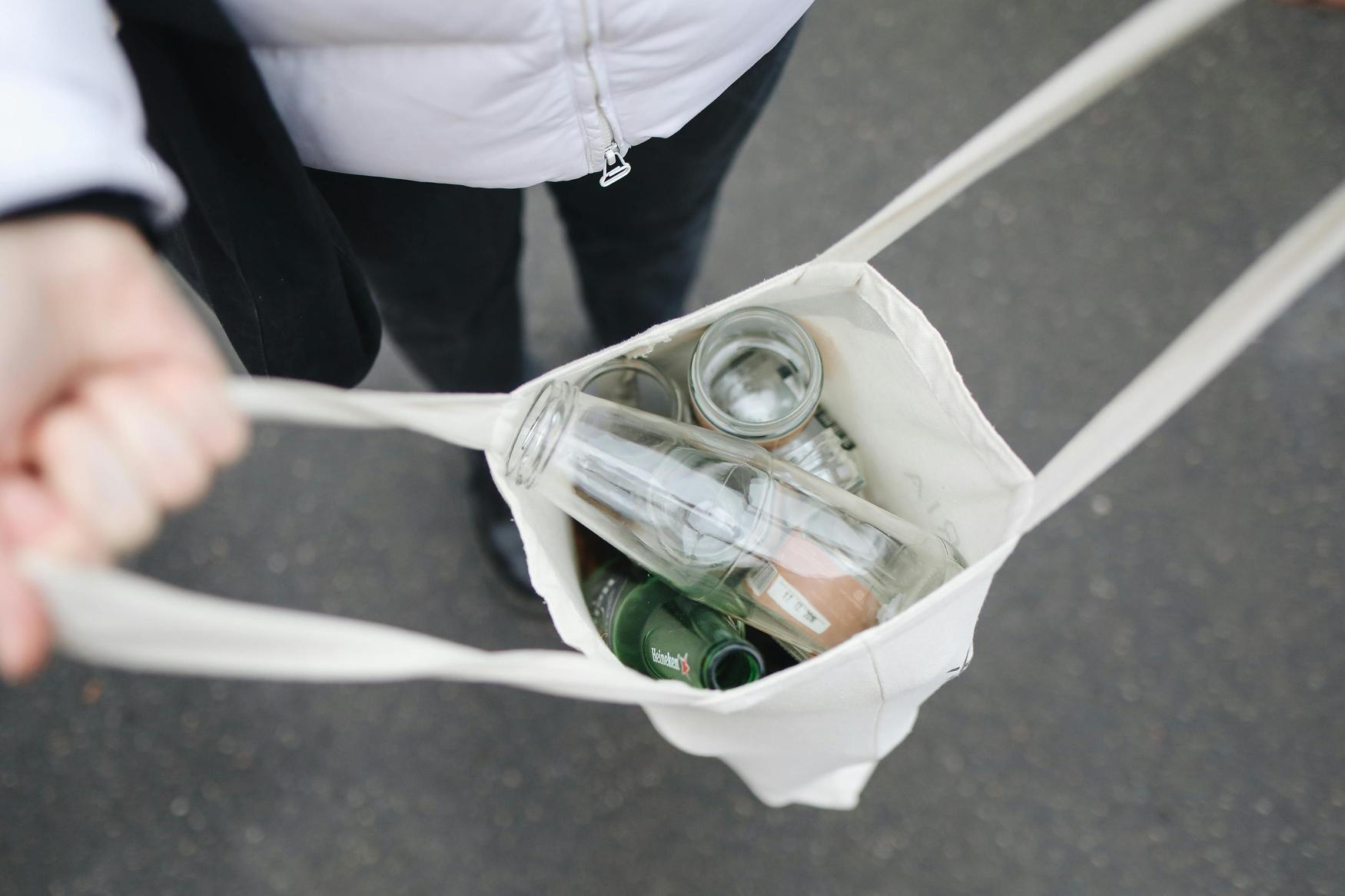Water is one of Earth’s most precious resources, yet it’s often taken for granted. With climate change intensifying droughts and population growth increasing demand, water scarcity is becoming a global crisis. Wasting water not only depletes this essential resource but also has significant environmental, economic, and social consequences.
Why Water Waste Matters
Less than 1% of the Earth’s freshwater is accessible for human use. Every drop counts, yet billions of gallons are wasted daily due to inefficient systems, leaky infrastructure, and careless habits. Wasting water doesn’t just strain supplies; it also increases energy consumption. Treating, transporting, and heating water are energy-intensive processes, contributing to greenhouse gas emissions.
Environmental Impacts of Water Waste
- Depleted Water Sources: Overuse of water from rivers, lakes, and aquifers reduces the flow to ecosystems that depend on them. For example, many rivers now run dry before reaching the ocean.
- Harm to Wildlife: Aquatic species suffer as their habitats shrink, and water quality declines due to reduced flow and pollution.
- Energy and Carbon Costs: The more water we waste, the more energy is required to pump, treat, and deliver it—exacerbating climate change.
Economic and Social Costs
Wasting water increases utility costs for households and businesses. In regions already experiencing scarcity, this waste exacerbates inequality, leaving vulnerable populations without access to clean water. The United Nations estimates that by 2025, half of the global population could face water stress.
How to Save Water Every Day
-
Fix Leaks: A dripping faucet can waste more than 3,000 gallons of water annually. Repairing leaks is one of the easiest and most impactful ways to conserve water.
-
Upgrade Fixtures: Install water-saving appliances like low-flow showerheads, faucets, and dual-flush toilets.
-
Be Mindful of Usage:
- Turn off taps while brushing your teeth or washing dishes.
- Use full loads when running dishwashers or washing machines.
-
Opt for shorter showers to reduce water use.
-
Collect and Reuse: Collect rainwater for outdoor use, such as watering plants or cleaning. Reuse greywater, where safe and permitted, for similar purposes.
-
Sustainable Landscaping: Plant drought-resistant native species and use mulch to retain soil moisture, reducing the need for irrigation.
The Path Forward
Addressing water waste requires both individual and collective efforts. Governments and industries must invest in efficient infrastructure, while communities should advocate for sustainable water management policies. Education is key to changing attitudes and habits around water use.
Why Every Drop Matters
Water is life—every ecosystem and community depends on it. By conserving water, we’re not only protecting this vital resource but also building resilience against future shortages.
Small actions lead to big change. The next time you turn on the tap, remember: every drop counts. Let’s use it wisely.





